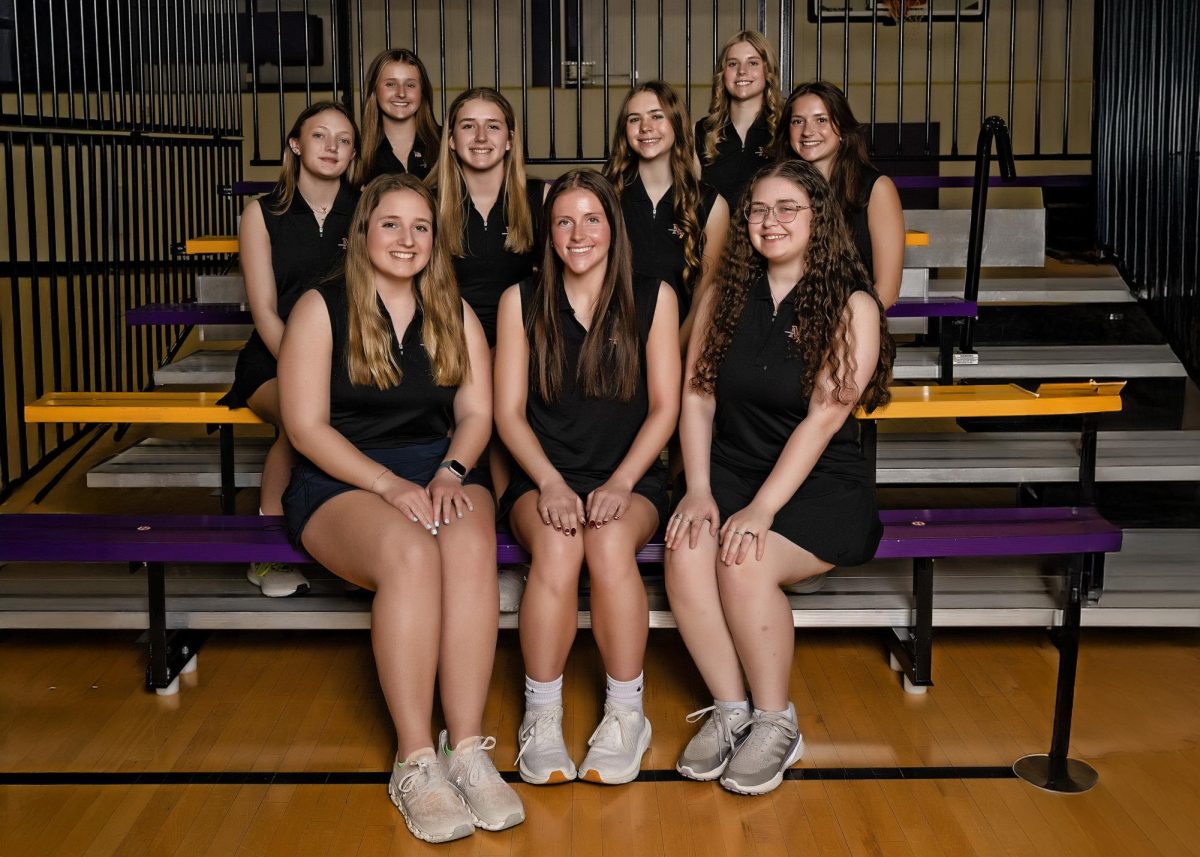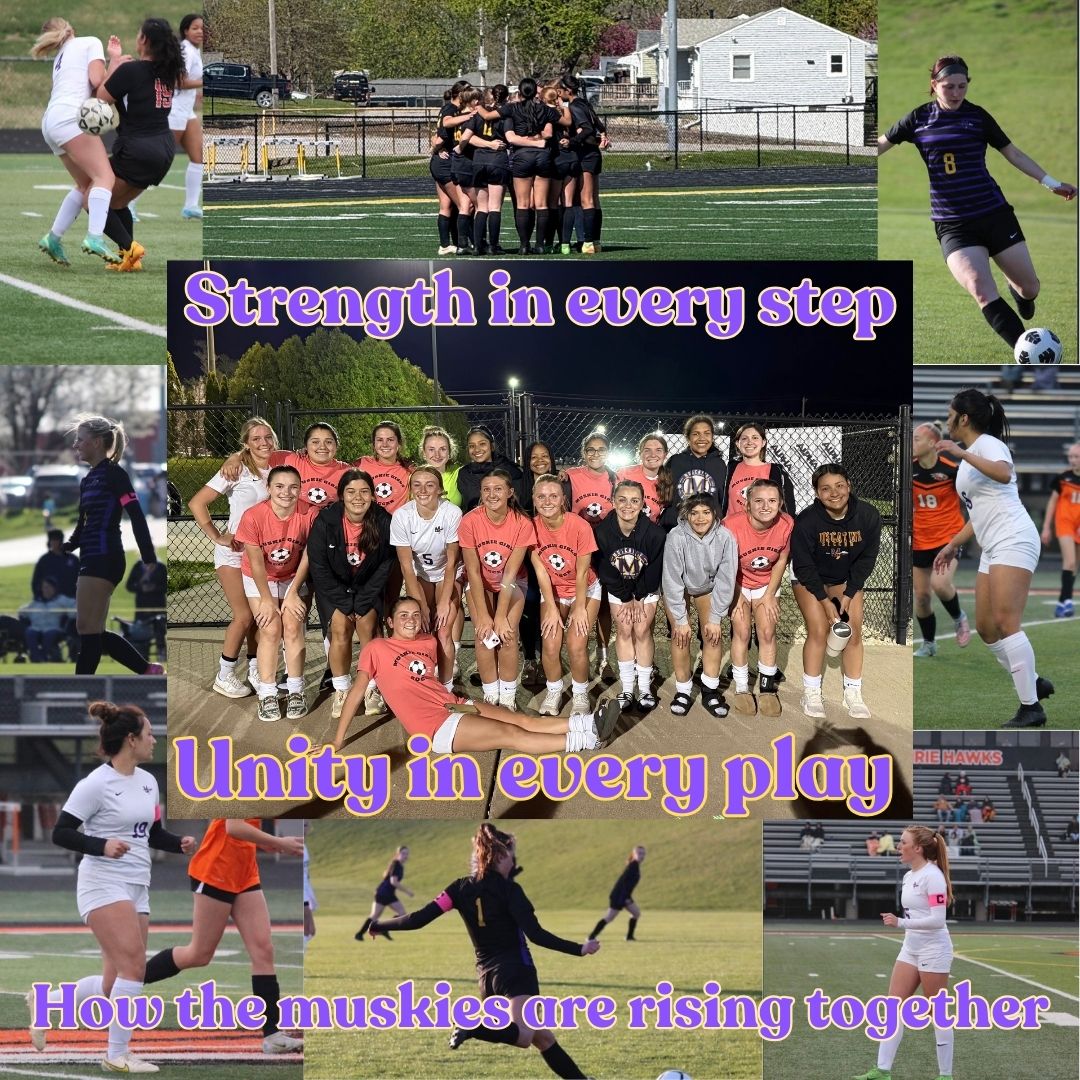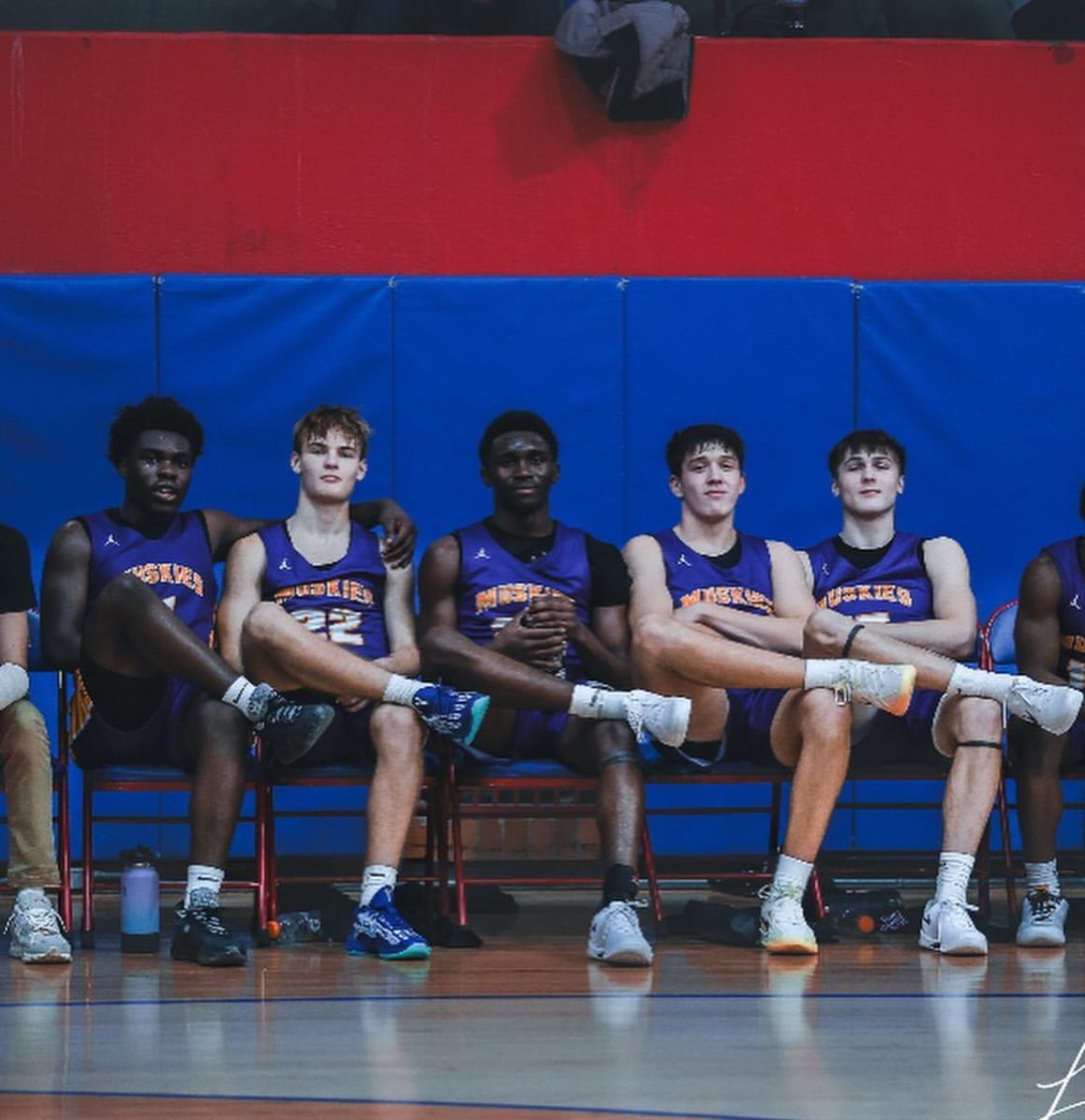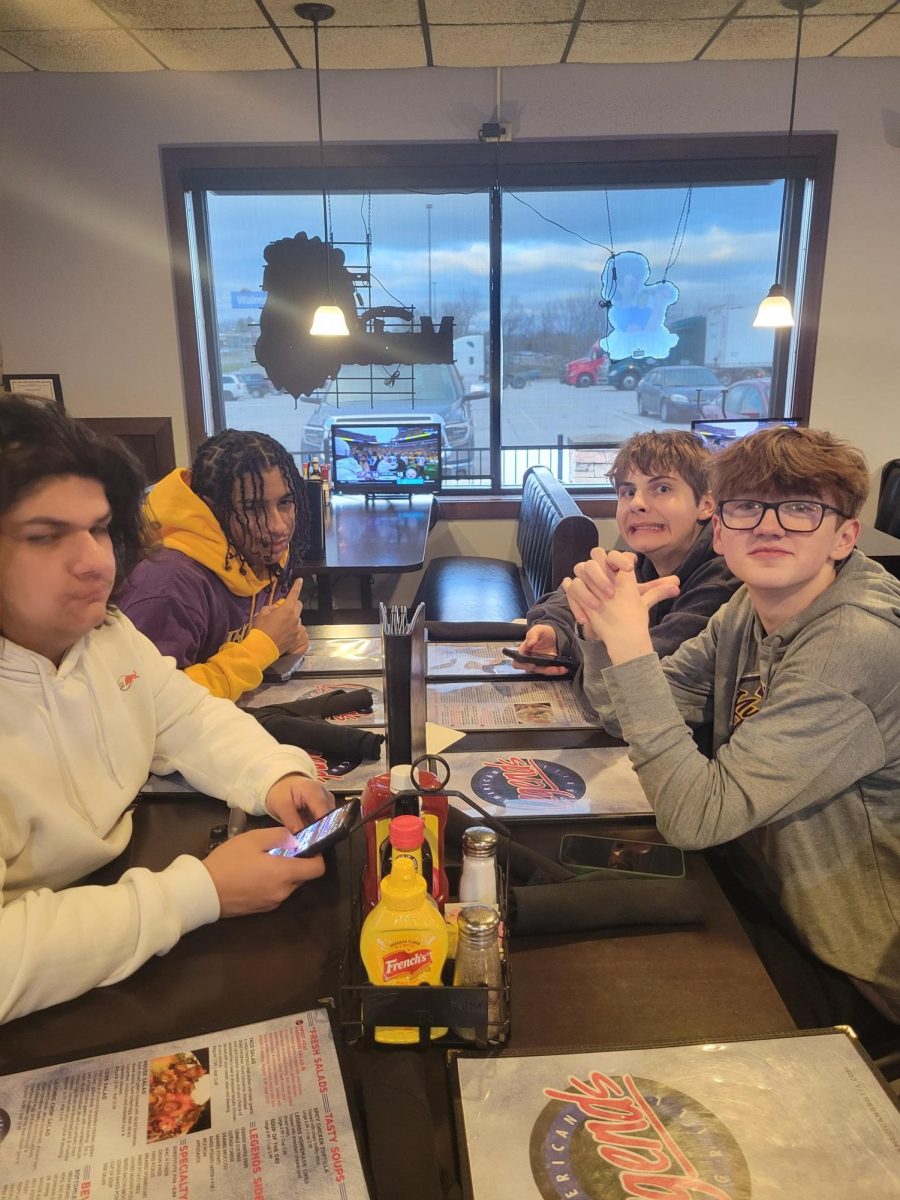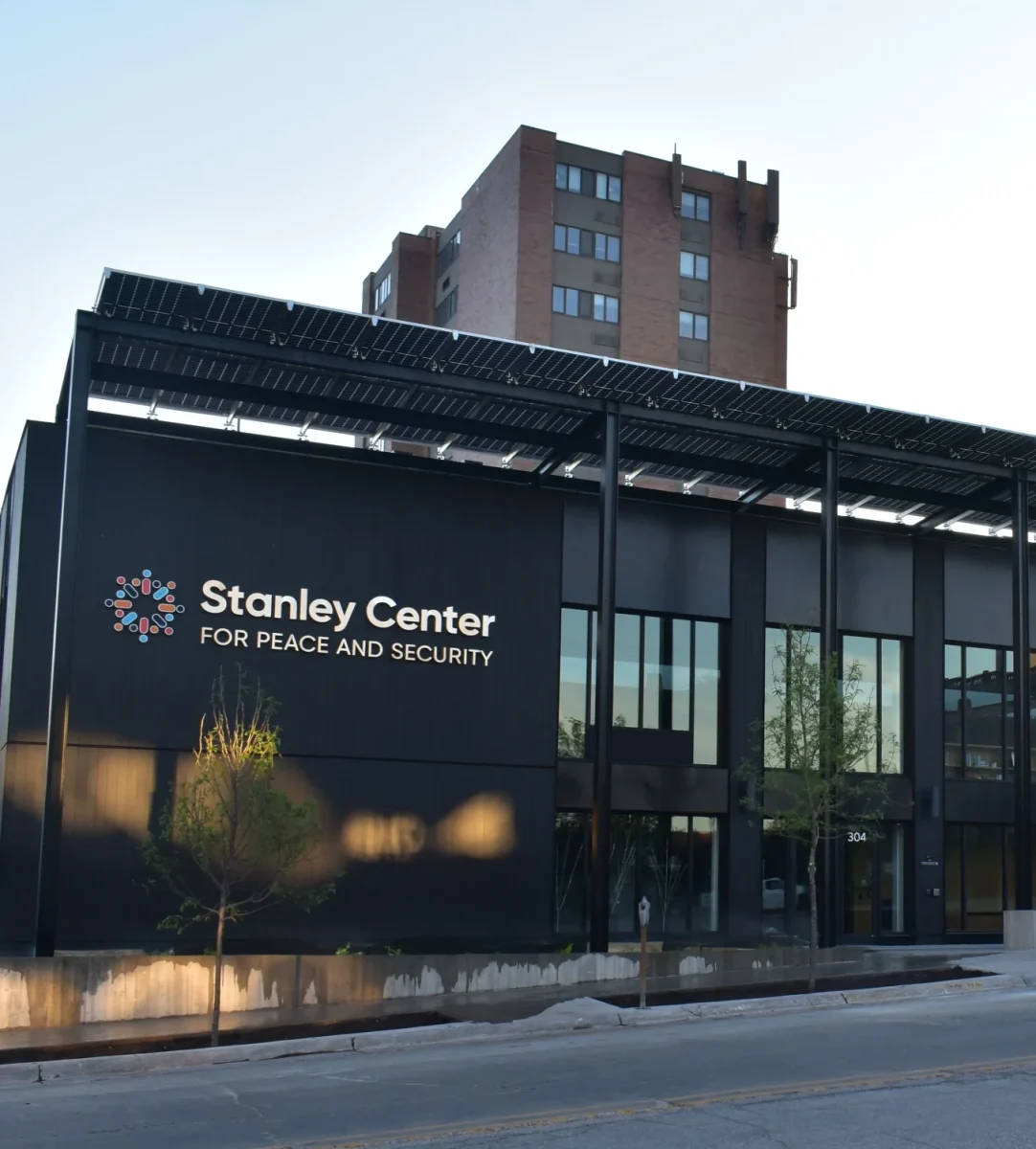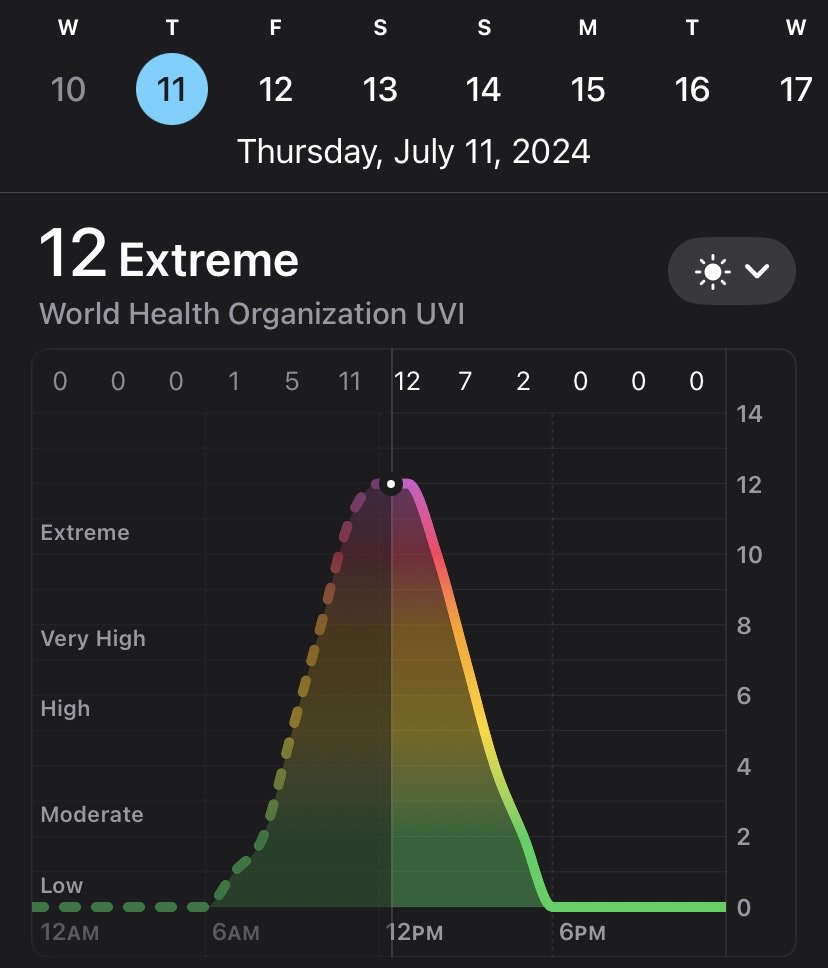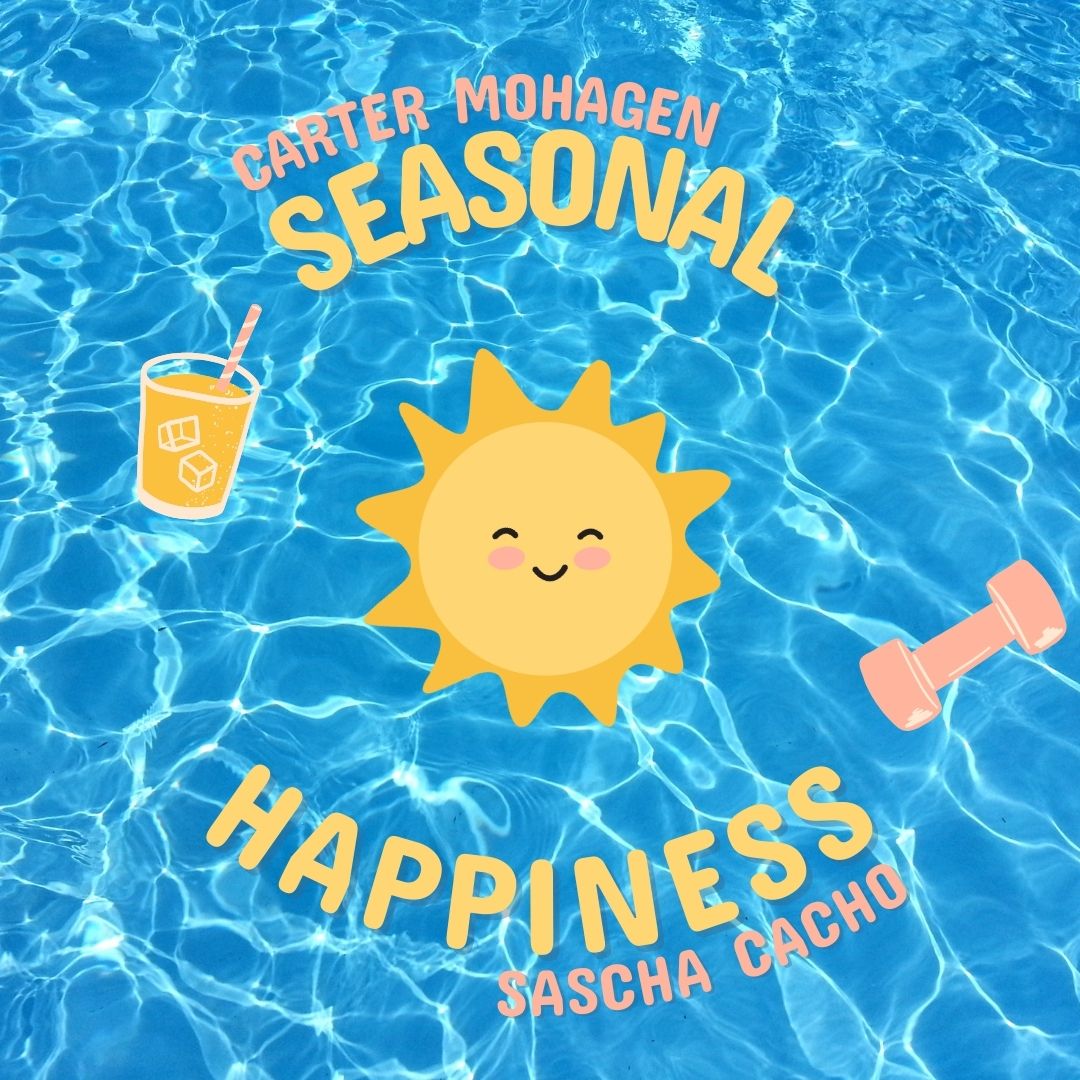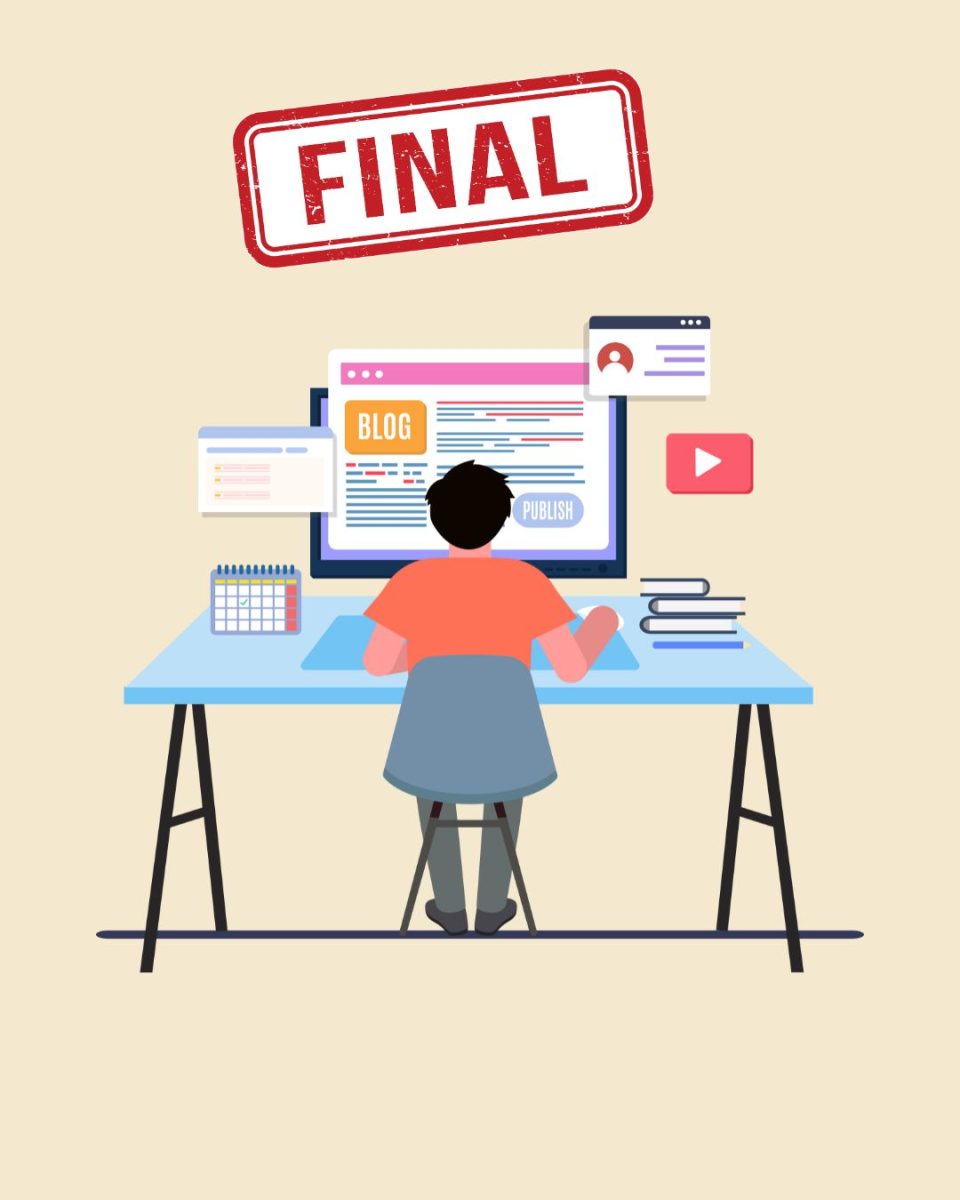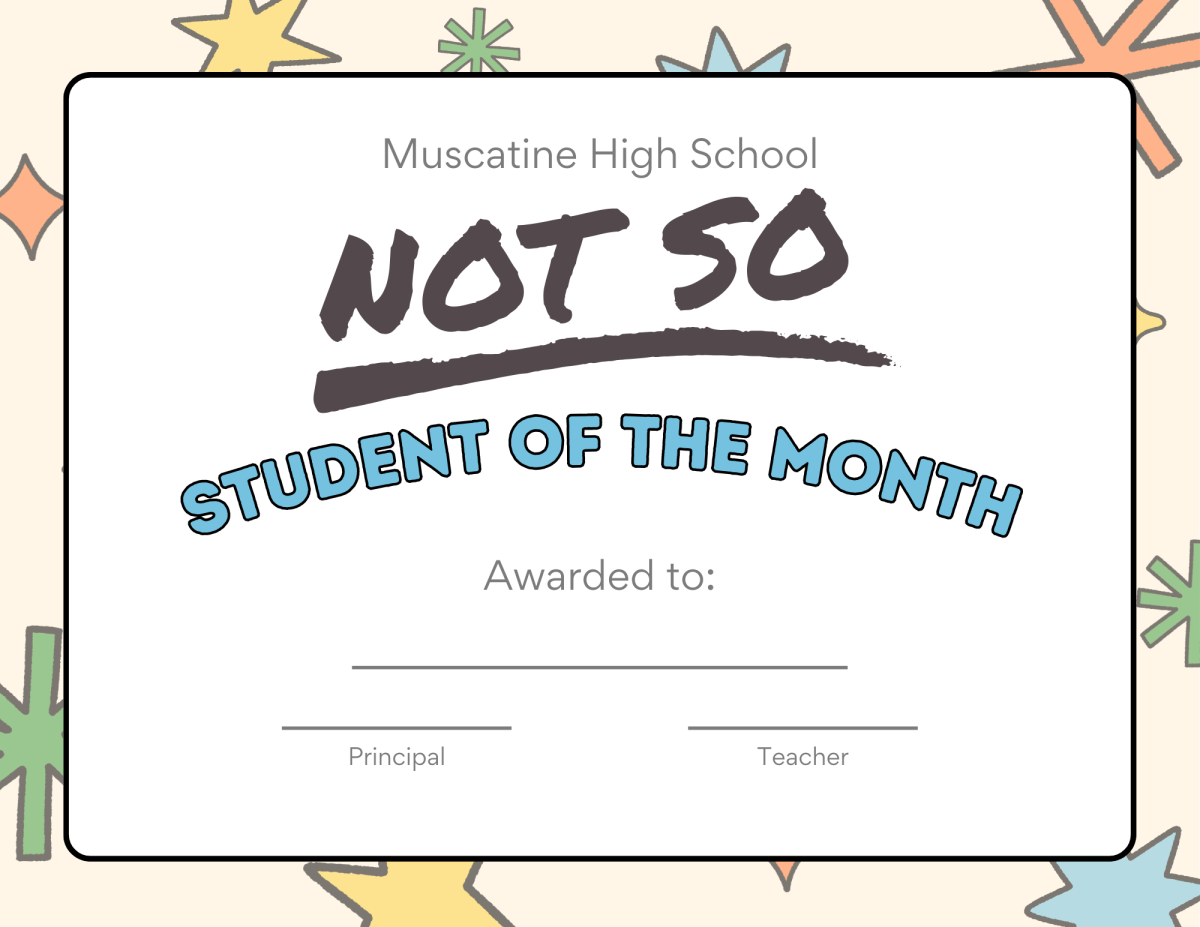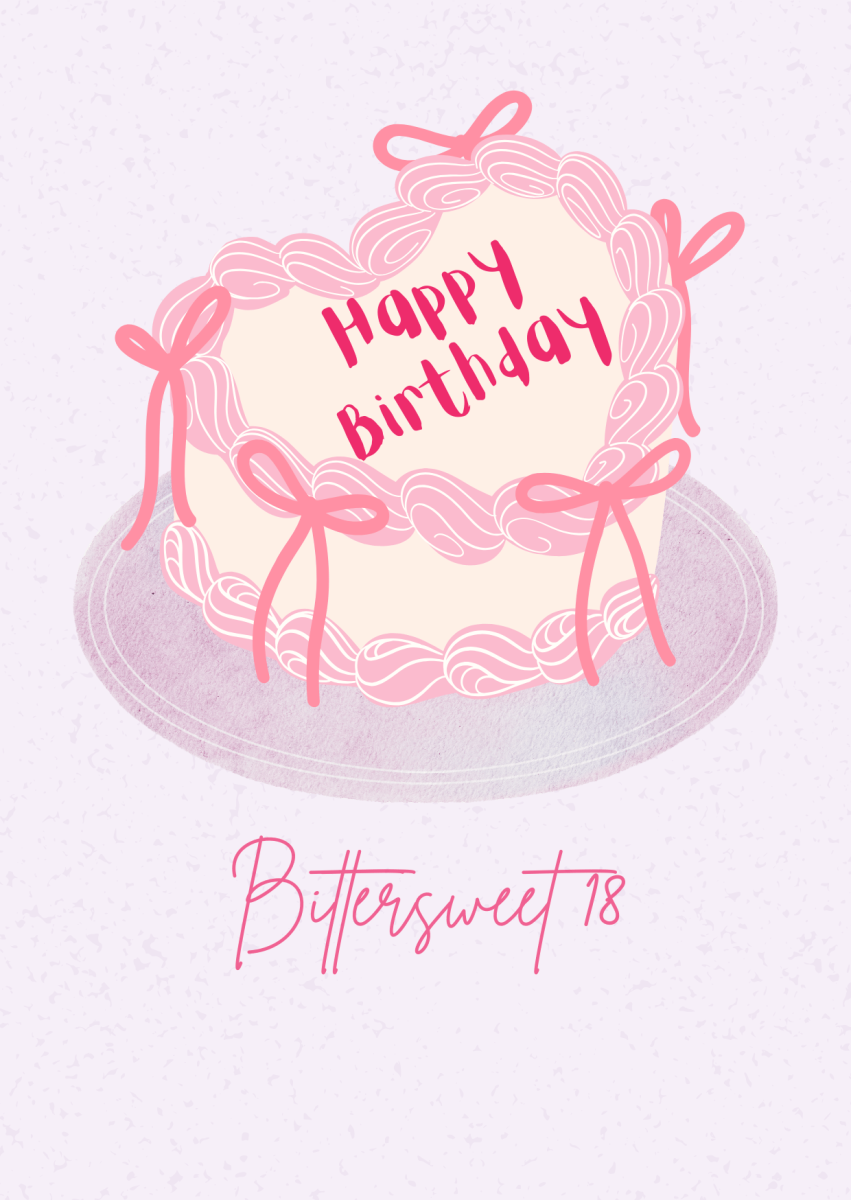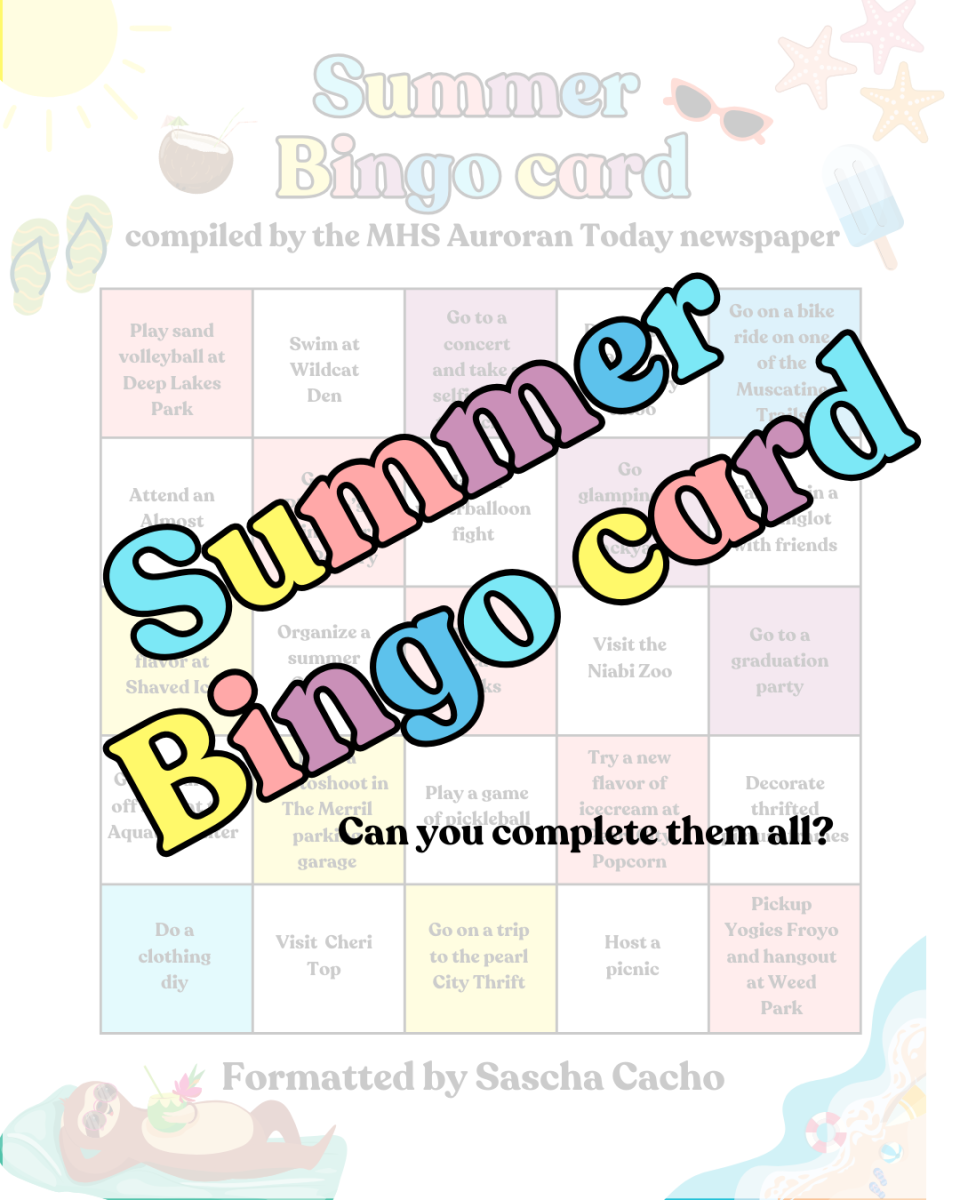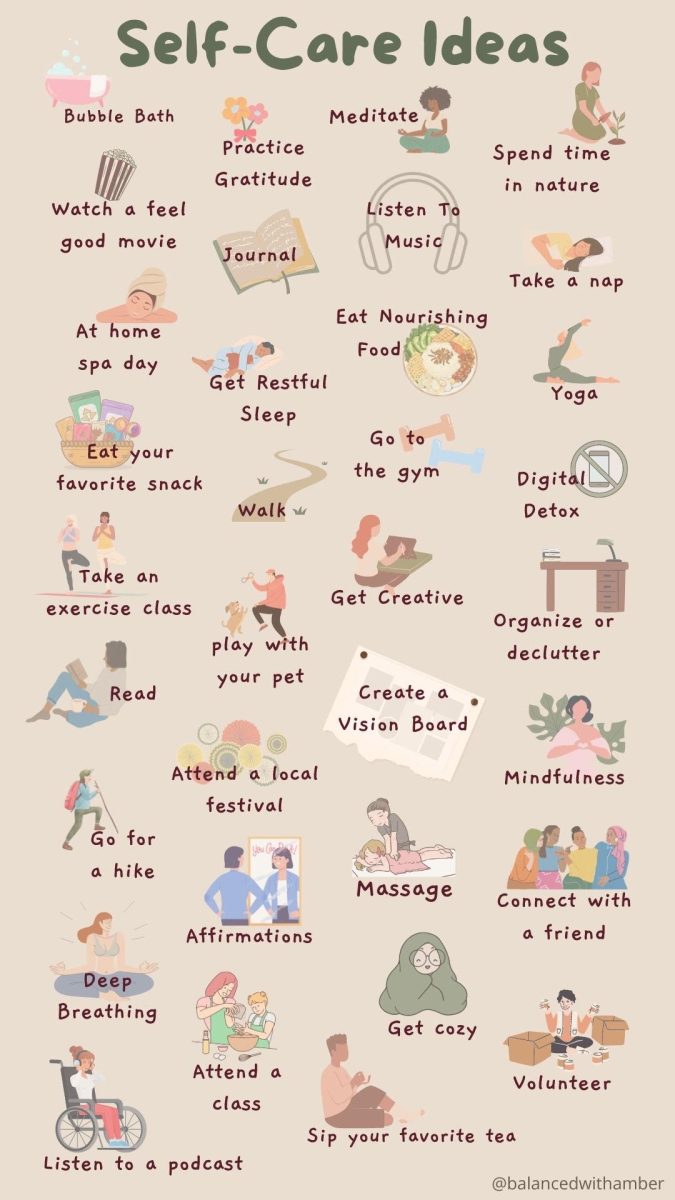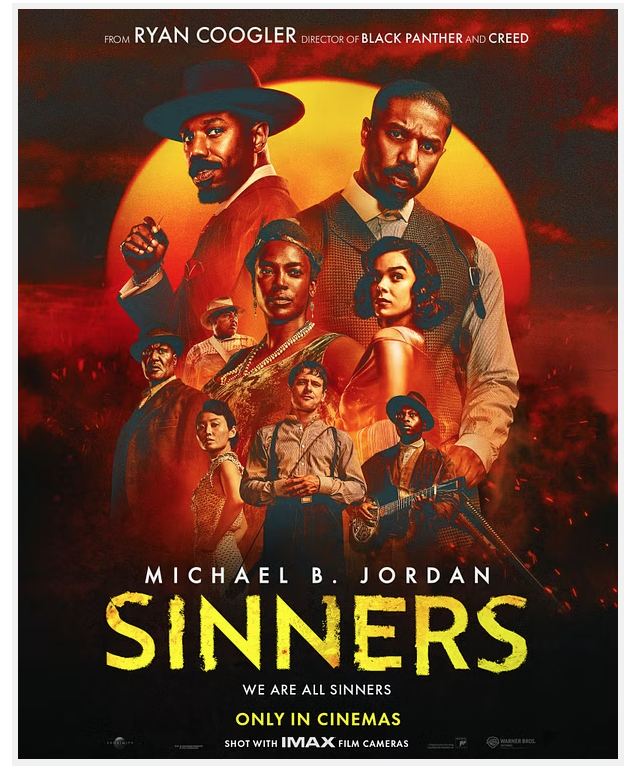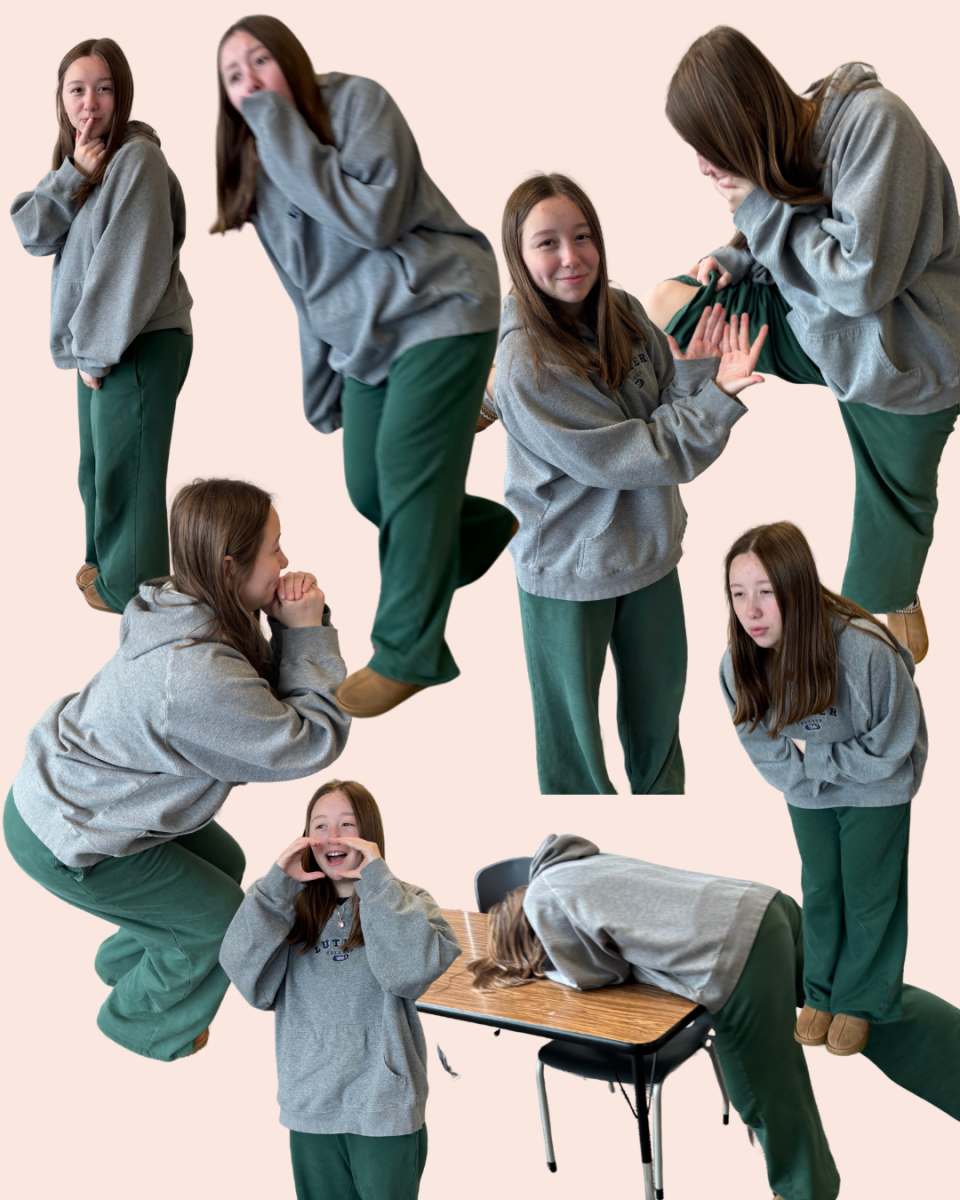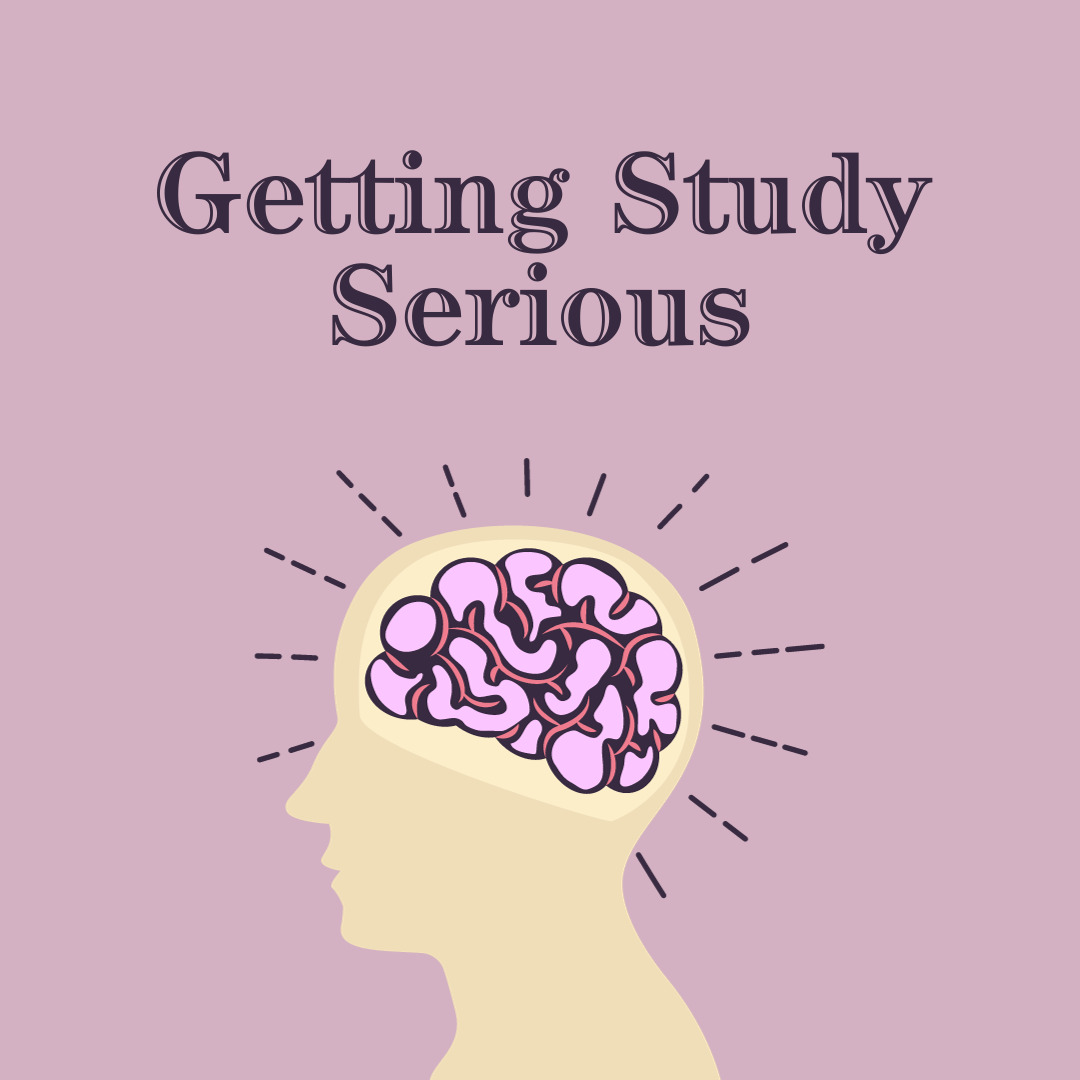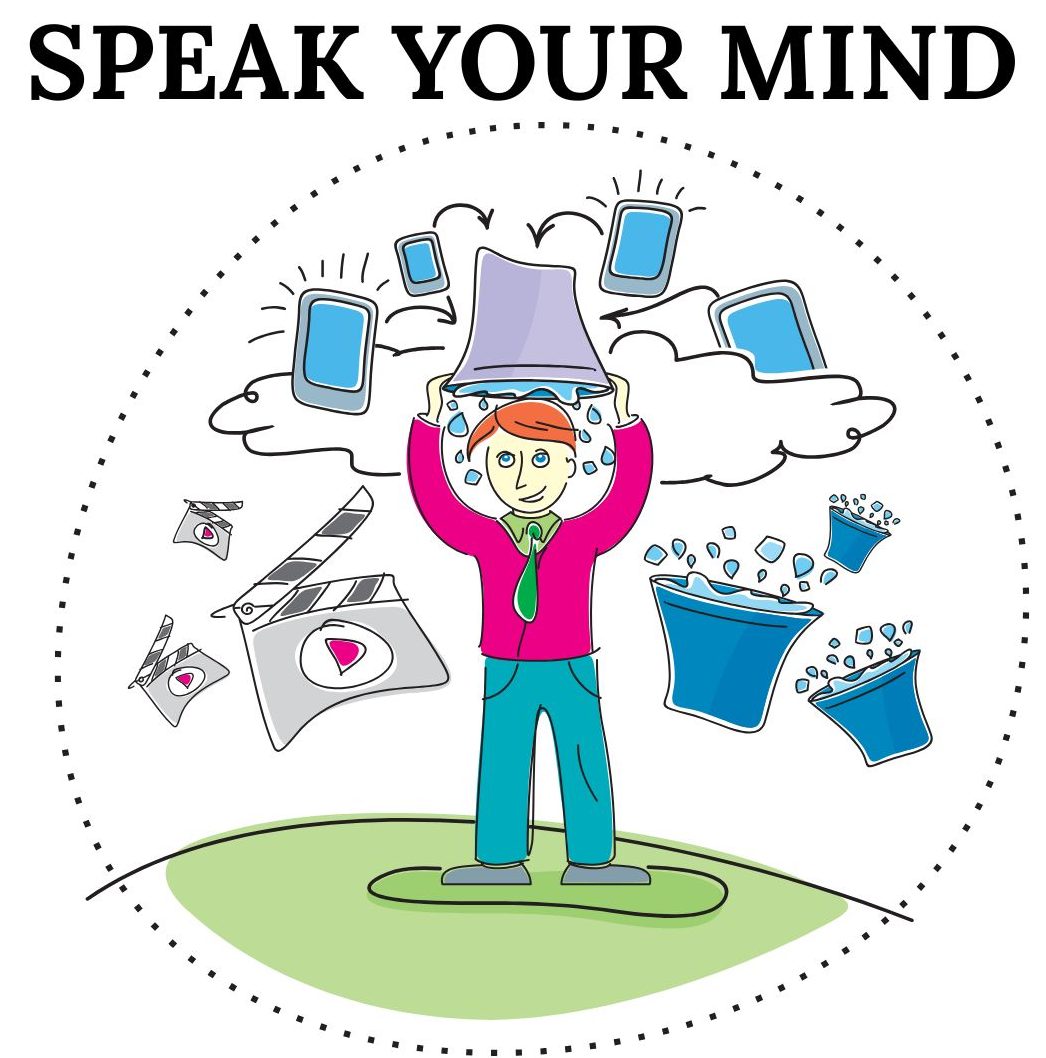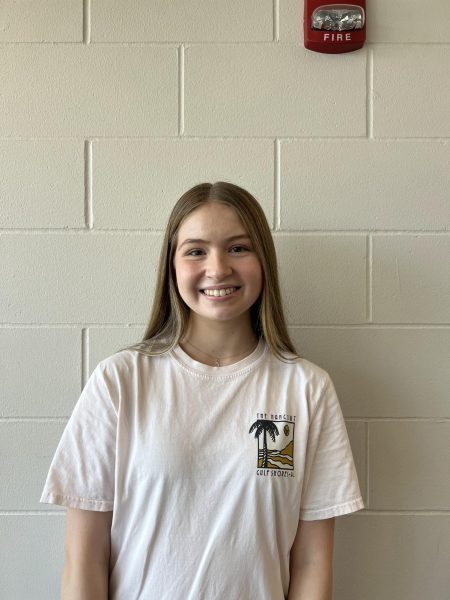High schoolers aren’t always the best at implementing useful study habits, but there are some common themes seen among students. The question most students will find themselves asking at least once in their high school career is: what is really effective?
There are four common studying techniques used by students everywhere. These include; distributed practice, flashcard usage, self-quizzing, and lastly interleaving. All of these techniques are clear in how they can help students learn and remember information.
Distributive Practice: Distributive practice, also known as spaced repetition, is the process of spreading out your studying to create a better long-term memory of the material you are trying to remember.
Benefits: You are seeing the same information over a period of time and this reduces the ability to forget the information when cued. This can help during testing and assignments because it lowers the chance of the student forgetting the information they learned.
How to use Distributive Practice: Planning out your study sessions will help you utilize the benefits of distributive practice because you will have a clear map of what you need to study and when you need to do it. This will give you the opportunity to be exposed to the information more than once.
Flashcards: Flashcards are used frequently among students. They can follow a question-answer format or term-definition format. Flashcards can be anything from note cards to different apps or websites that allow you to make them digitally. They promote active recall which is where one retrieves information from the brain instead of being told.
Benefits: Flashcards are an inexpensive and portable form of study that can be used anywhere at any time. They are also customizable to the person creating them based on what they need to know and how they want to visualize the information.
How to use Flashcards: Some people might prefer to hand-make their flashcards or some may like to make them digitally. There are many apps for digital flashcards; some are Quizlet and Gizmo.
Quizzing/Self-Quizzing: Though it’s not everyone’s favorite, quizzing can be beneficial in a multitude of ways. Quizzing or self-quizzing can vary from receiving quizzes from someone, possibly in an academic setting, or designing one to study with yourself.
Benefits: Quizzes are very easy to find online and they are easy to make if you don’t have an upcoming quiz in class. Quizzing can help increase the ability to recall information and to understand the knowledge gaps that one may have.
How to use Quizzing: Writing out questions based on the material the student is learning can be an easy way to implement quizzing into a studying routine. Another way to find quick tests is to look up tests based on what you are learning. Websites such as Quizlet can generate quizzes as well.
Interleaving: Interleaving is a process of learning in which the student studies two or more related topics at a time instead of studying one topic rigorously. This process can help students visualize connections from topic to topic, helping increase long-term memory.
Benefits: Interleaving is especially helpful when students are trying to process topics that take a deeper understanding than most. This is due to the given time to understand and practice material before introducing more.
How to use Interleaving: When you are studying harder topics, breaking down information into smaller, organized groups is a good place to start. After processing the material, try making connections between each to form a deeper understanding.





